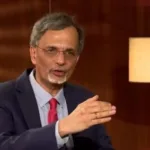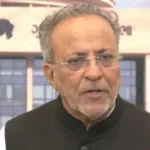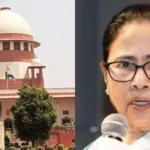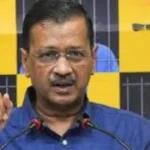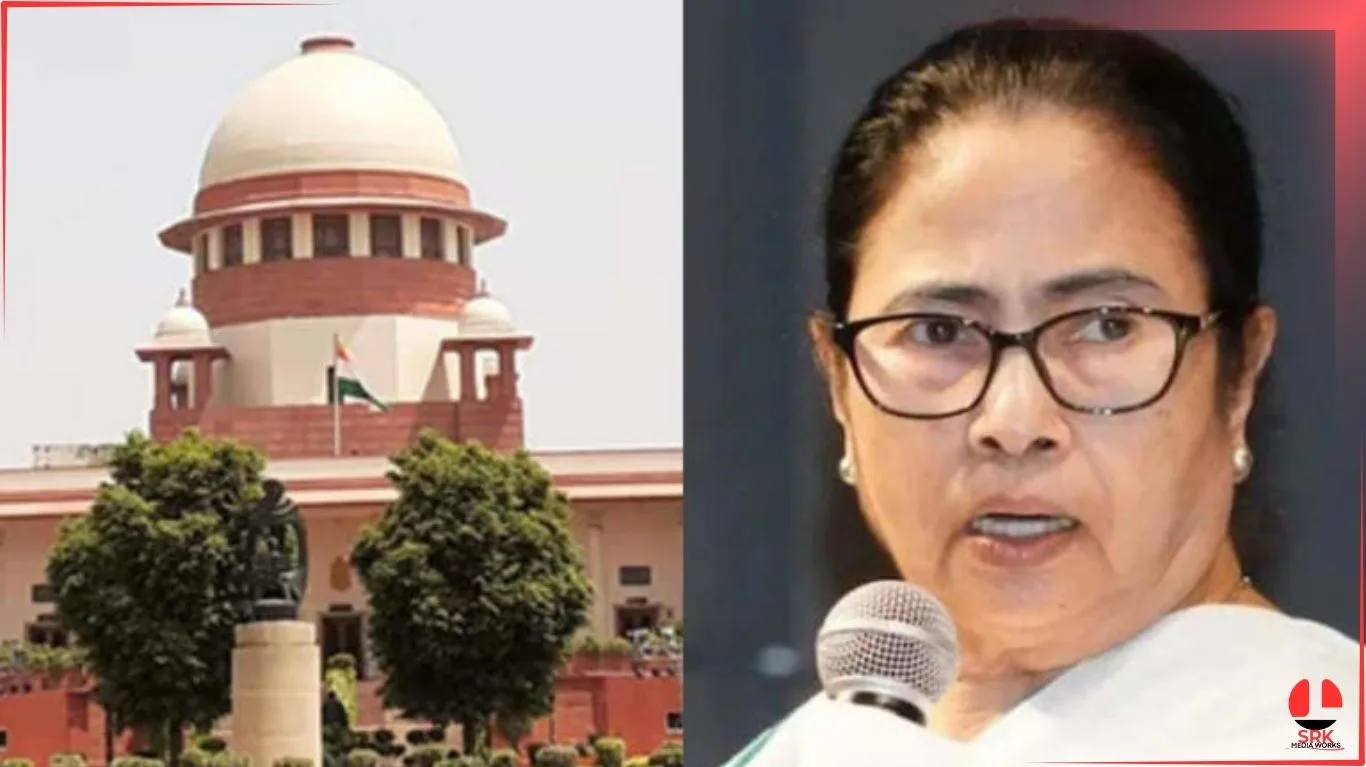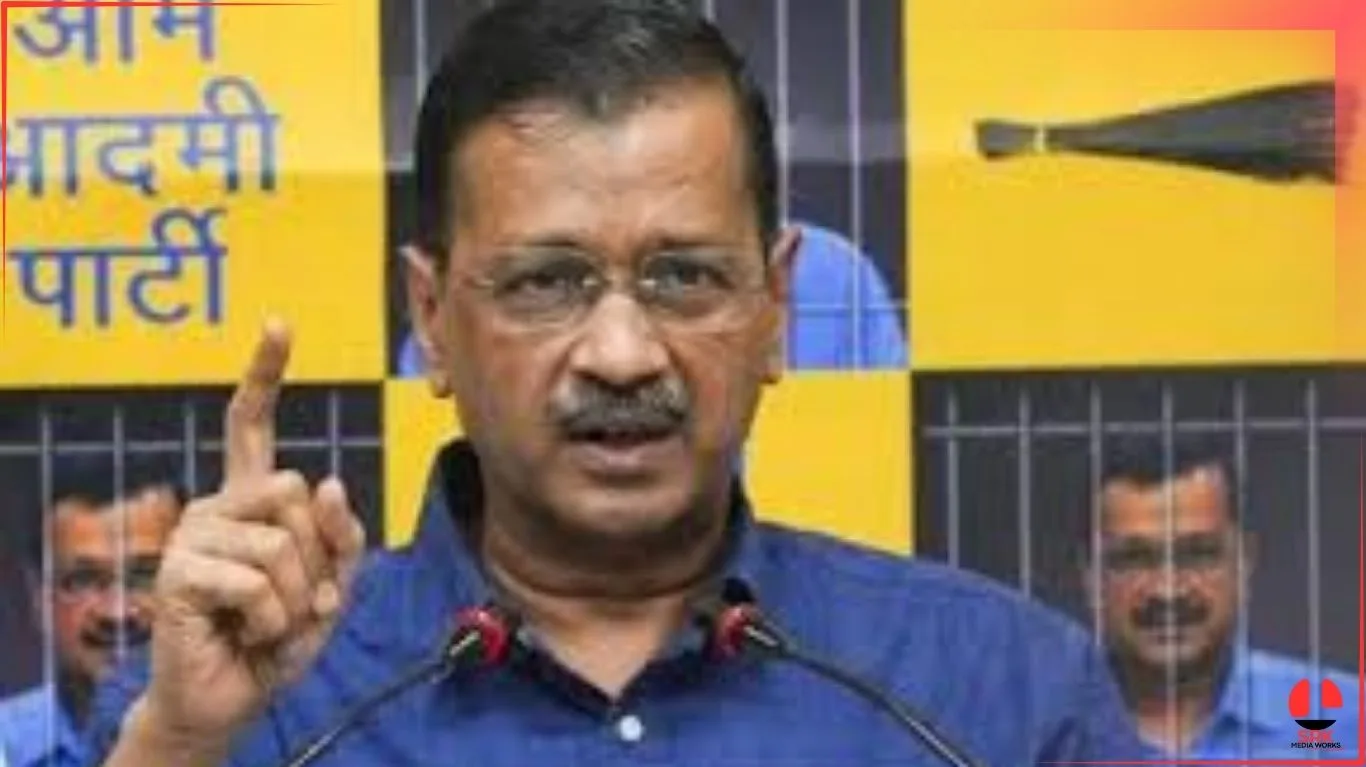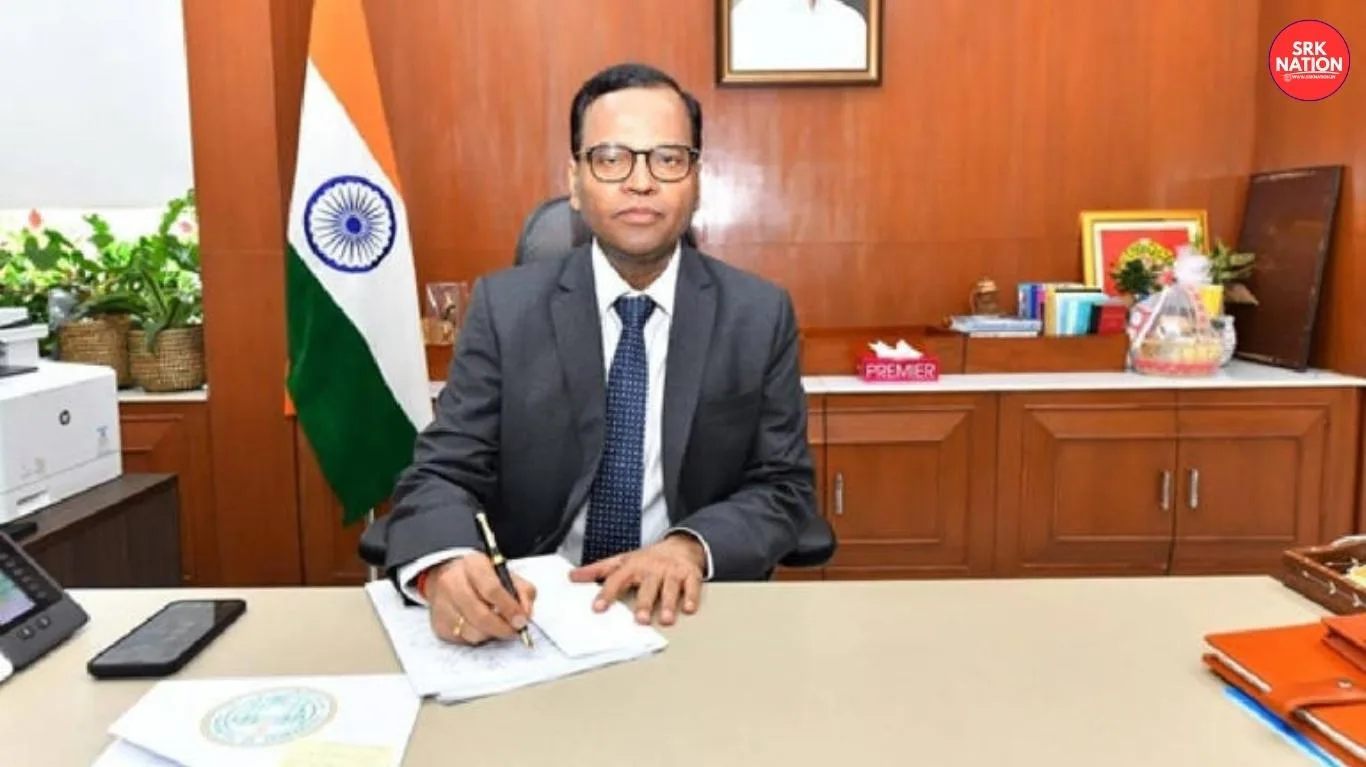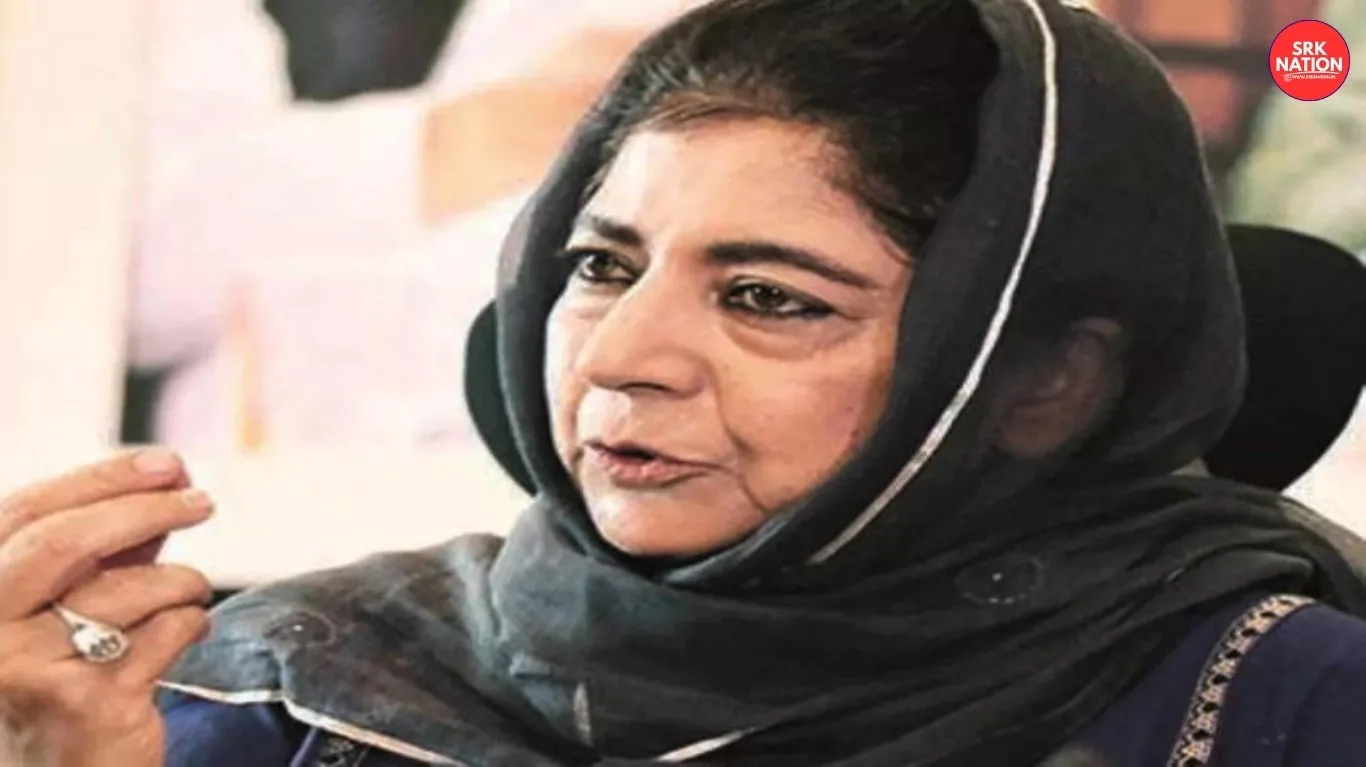In a revelation that has sent shockwaves across political and security circles, an RTI (Right to Information) document has revealed that Jyoti Malhotra, recently arrested on charges of espionage, had previously visited Kerala on an official government invitation. The document, accessed by journalists on Monday, raises troubling questions about security clearances and the screening process for individuals invited by state agencies.
The Arrest That Sparked Nationwide Headlines
Jyoti Malhotra, a 37-year-old freelance consultant based in Delhi, was arrested last month by a central intelligence agency on allegations of passing classified defence and policy documents to foreign handlers. The arrest followed a months-long surveillance operation that reportedly tracked her meetings with suspected operatives from neighbouring countries.
Authorities stated that Malhotra used her professional network in policy consulting to gain access to sensitive information and that she operated under the guise of an independent analyst engaging with government think tanks and academic events.
RTI Findings: Kerala Government Invitation
An RTI filed by a Kochi-based activist seeking details of all non-governmental attendees at the Kerala Development Dialogue (KDD) 2023, a flagship state event aimed at policy collaboration, revealed that:
- Jyoti Malhotra was invited as a ‘Distinguished Policy Consultant’ under the External Advisory Expert category.
- She attended sessions on state-level policy reforms, coastal security, and tourism investment.
- Her travel and stay expenses were partially covered by the state’s Department of External Cooperation.
Why Was She Invited?
The RTI document shows her nomination was based on:
- Her previous engagements with NITI Aayog-linked forums.
- Recommendations by a Delhi-based research NGO for her expertise in public policy communication.
- Her role as an advisor in a project evaluating Kerala’s coastal tourism resilience post-Covid.
Security Agencies Question Screening Protocols
Senior officials in central agencies expressed concerns over the lack of robust background checks before such invitations, especially when discussions include sensitive issues like coastal surveillance and maritime security frameworks.
A senior officer familiar with the case said:
“Even if sessions are general in nature, a person under foreign influence can build contacts, understand departmental structures, and exploit networks. Ministries and state governments must ensure that guest clearances include intelligence vetting.”
Kerala Government’s Clarification
The Kerala Chief Minister’s Office (CMO) issued a statement on Monday:
“The invitation was extended based on professional recommendations received in 2023. No adverse inputs were available at that time. The government will review and strengthen its guest screening process.”
The statement also underlined that no classified state documents were shared with Malhotra during the event and that the sessions she attended were open policy discussions with academic and industrial stakeholders.
Opposition Seizes Opportunity
The opposition UDF and BJP in Kerala launched scathing attacks on the LDF government.
Ramesh Chennithala (Congress) said:
“This is gross negligence. If a spy can enter Kerala’s official policy events as an honoured guest, imagine the risks posed to national security.”
BJP state president K. Surendran demanded a high-level probe into whether any departmental officers were complicit in enabling Malhotra’s access to meetings beyond the official agenda.
Key Highlights From The RTI Document
| Event | Kerala Development Dialogue 2023 |
|---|---|
| Date | December 2023 |
| Venue | Thiruvananthapuram and Kochi (2-day sessions) |
| Organised by | Department of External Cooperation |
| Malhotra’s role | Panelist in ‘Policy Reforms for Sustainable Coastal Tourism’ session |
| Expenses covered | Return airfare (economy) and two-day hotel stay |
| Recommending organisation | Delhi-based Centre for Policy Design |
Expert Opinions On Vetting Lapses
Security experts argue that state-level departments often rely solely on professional or academic credentials when inviting external speakers and do not consult central security databases unless the event involves direct strategic briefings.
Former Home Secretary G.K. Pillai stated:
“States must institutionalise a mechanism for vetting external guests, especially if events include site visits to ports, airports, or mention strategic installations.”
Malhotra’s Activities In Kerala
Officials confirmed that during her Kerala visit:
- Malhotra interacted with district tourism officers in Alappuzha and Ernakulam.
- She attended a closed-door consultation on coastal community livelihood projects.
- There is no evidence yet of her accessing classified coastal security data during this trip, but investigators are reviewing her contacts made at the event.
Broader Implications: Trust Deficit And Policy Events
The revelation raises worrying questions about:
- Inter-agency coordination: Whether state invites for external experts are sufficiently screened by central agencies.
- Professional reference vulnerabilities: How foreign intelligence agencies exploit freelance consultants with credible networks to gain soft intelligence.
- Event access protocols: If similar lapses have occurred in other states hosting policy or defence-linked conferences.
Current Status Of The Case
Malhotra remains in judicial custody, with investigators pursuing links to at least two foreign handlers based in Southeast Asia. Her legal team has denied all charges, claiming she was framed due to “professional rivalries and geopolitics”.
Public Reaction
The incident has triggered social media debates on national security, with many netizens asking how a person under suspicion for espionage could have moved freely within high-level policy circles.
One user wrote:
“If security clearance is just a formality, we’re sitting ducks for espionage.”
Way Forward
Security analysts recommend:
- Mandatory background checks for all external invitees to government-linked events.
- A centralised guest clearance portal integrating intelligence inputs from agencies such as IB, RAW, and NIA.
- Annual risk assessments of departments frequently engaging with external consultants.
Conclusion
The Jyoti Malhotra episode has exposed critical vulnerabilities in state and central coordination on security clearances for policy events. While no direct classified data leakage from her Kerala visit has emerged yet, the case serves as a cautionary tale for states relying solely on professional references for invitations to strategic dialogues.
Disclaimer: This article is based on RTI documents, public statements, and investigation updates as of July 2025. All individuals are presumed innocent until proven guilty in a court of law. Readers are advised to follow official court and government releases for final conclusions.

